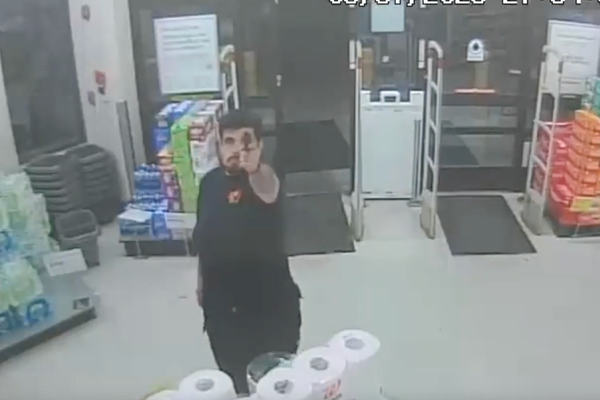
If you want to warn young people about the dangers of sextortion, Scottish teenagers say, use language that we understand, keep your messages fast-paced and don’t scare us.
Previous awareness-raising campaigns “all looked like they’d been designed by old people trying to be young”, according to the young Scots who have developed a series of online clips in partnership with Fearless, the youth service of the charity Crimestoppers, launching across social media this week.
Cases of sextortion, where teenagers are tricked online into sending intimate pictures of themselves to fraudsters who then demand money and threaten to share the material with others, are rising around the globe, with a large proportion of cases involving young men aged between 14 and 18.
“If you want young people to listen it needs to be in the words we actually use – no young person goes around talking about intimate images … we call them nudes, scuds and many more”, said 16-year-old Rocco, launching the information videos that can be shared across TikTok, Snapchat and Instagram reels in Glasgow on Monday.
Funded and supported by the Scottish government and Police Scotland, the initiative consulted teenagers across Scotland to create online content that would appeal to 13- to 21-year-olds across genders.
“It didn’t need to be a big dramatic production – we’d be more likely to watch a video on TikTok or Snapchat if it looked like any other video, something a pal had made. It needed to be short, realistic and has to have young people in it,” Rocco added.
At the same event, 15-year-old Ruby explained that many of the young people were concerned their parents wouldn’t know how to help them and wanted practical advice on what to do if a friend confided they had been targeted.
“Many stressed that the biggest barrier to reporting sextortion was that they thought they’d get into trouble. They’d been told in school lessons that it was against the law to send and receive nude images so they thought they’d get into trouble for sending the image in the first place.”
Lyndsay McDade, the manager of Fearless Scotland, who has spearheaded the campaign, as a mother of teenagers herself, said she understood how overwhelming the subject could feel to discuss with young people.
As well as the clear message to young people – “don’t panic, don’t pay or comply and get help” – a second strand of the campaign is a longer film offering advice to adults who work with and look after young people.
McDade paid tribute to Ros and Mark Dowey, whose 16-year-old son Murray killed himself after he was targeted by online criminals, who also helped to develop the campaign.







